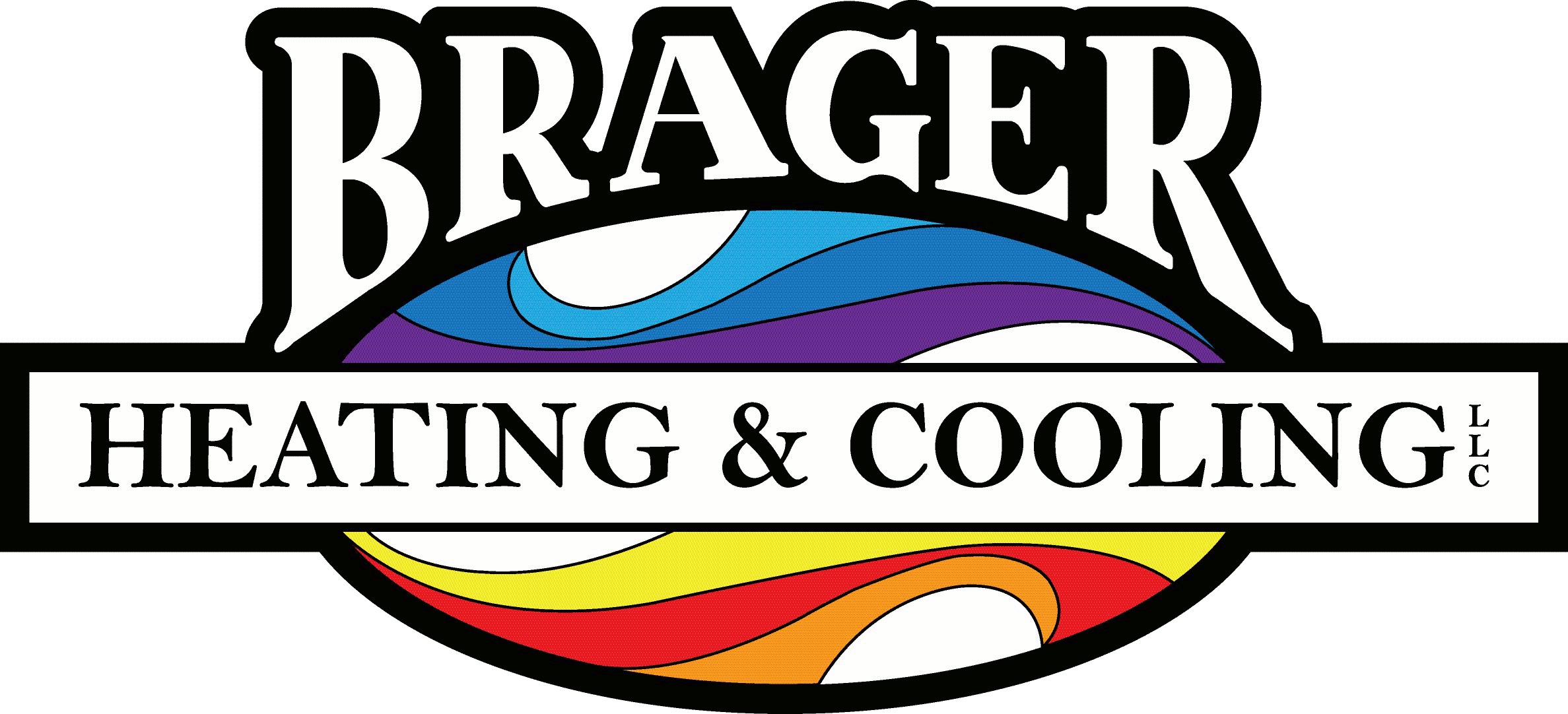Buying your first home is an exhilarating experience. You’re probably juggling numerous details about making the right choice. We believe that gaining insight into your potential new HVAC system is vital. The property’s HVAC system represents a substantial investment and potential source of long-term costs, which is why due diligence should be a top priority for first-time homebuyers.
In the following guide, we’ll outline seven tips for learning everything you can about a home’s heating and cooling setup. And if you want a deeper opinion from the pros, consider calling JW Brager Heating and Cooling. Our seasoned technicians can weigh in on your options with industry insights that are second to none.
1. What HVAC System Are You Working With?
Start by determining what type of HVAC system the home features. Furnaces tend to last longer compared to air conditioners, and relatively new types of HVAC products like heat pumps feature average life spans that are impressively long. Getting the details on the make and specific model provides a clear understanding of how much it might cost in upkeep over time.
2. What Is the Current System’s Age?
It’s just as smart to learn how old the HVAC system is when you’re looking at a new home. In general, HVAC systems tend to run for about 10-12 years. Knowing when it was installed helps you anticipate future maintenance needs or when it might break down. Older systems may be more vulnerable to problems, so budgeting for a replacement unit could be necessary sooner than you thought.
3. What Does the Warranty Cover?
Don’t forget to look into whether the HVAC system is covered by a warranty. If it is, this can lower maintenance costs. HVAC warranties often cover parts and labor, but specifics will vary. Make sure you go over any terms that aren’t familiar to ensure you understand your coverage and any possible out-of-pocket costs.
4. Does the System Have a Documented Maintenance History?
Take a close look at the maintenance history of the HVAC system, if such information is available. This kind of information can demonstrate if the repair needs are high or how often maintenance is performed. You should at least try to track down a history of key tasks like filter changes, which is a positive sign indicating regularly scheduled tune-ups.
5. Do You Know Its Energy Efficiency Ratings?
Purchasing a home with a heating and cooling system with strong energy efficiency means lower utility bills and less of an impact on the environment. Check out the seasonal energy efficiency ratio (SEER) ratings for air conditioning and the annual fuel utilization efficiency (AFUE) for furnaces. The higher the SEER rating, the more efficient the cooling over the whole season, while strong AFUE ratings illustrate that the fuel is efficiently converted into useable heat.
6. Have You Noticed Signs of Problems After Your Own Inspection?
Even if you don’t have the know-how of an HVAC technician, it’s still a good idea to examine the HVAC system on your own. Keep an eye out for any concerning items that weren’t mentioned by the seller or real estate agent. This can mean bizarre noises, spots with uneven heating or cooling and attempts to hide any visible damage.
7. Have You Asked Your Local HVAC Professional?
If you’re not quite sure about the current state of the HVAC system, it’s wise to get input from trained HVAC professionals. They are skilled at identifying things you may not know about, including leaks in the refrigerant, damage to the wiring or flawed ductwork.
A Call with JW Brager Heating and Cooling Helps Take the Stress Out of Your Home-Buying Journey
Finding your first home ought to be exciting, and JW Brager Heating and Cooling will do everything possible to ensure it stays that way. Reach out with us at 608-523-9293. We can go over the details about how our HVAC services ease your mind, giving you what you need to dive into home-ownership with confidence.
